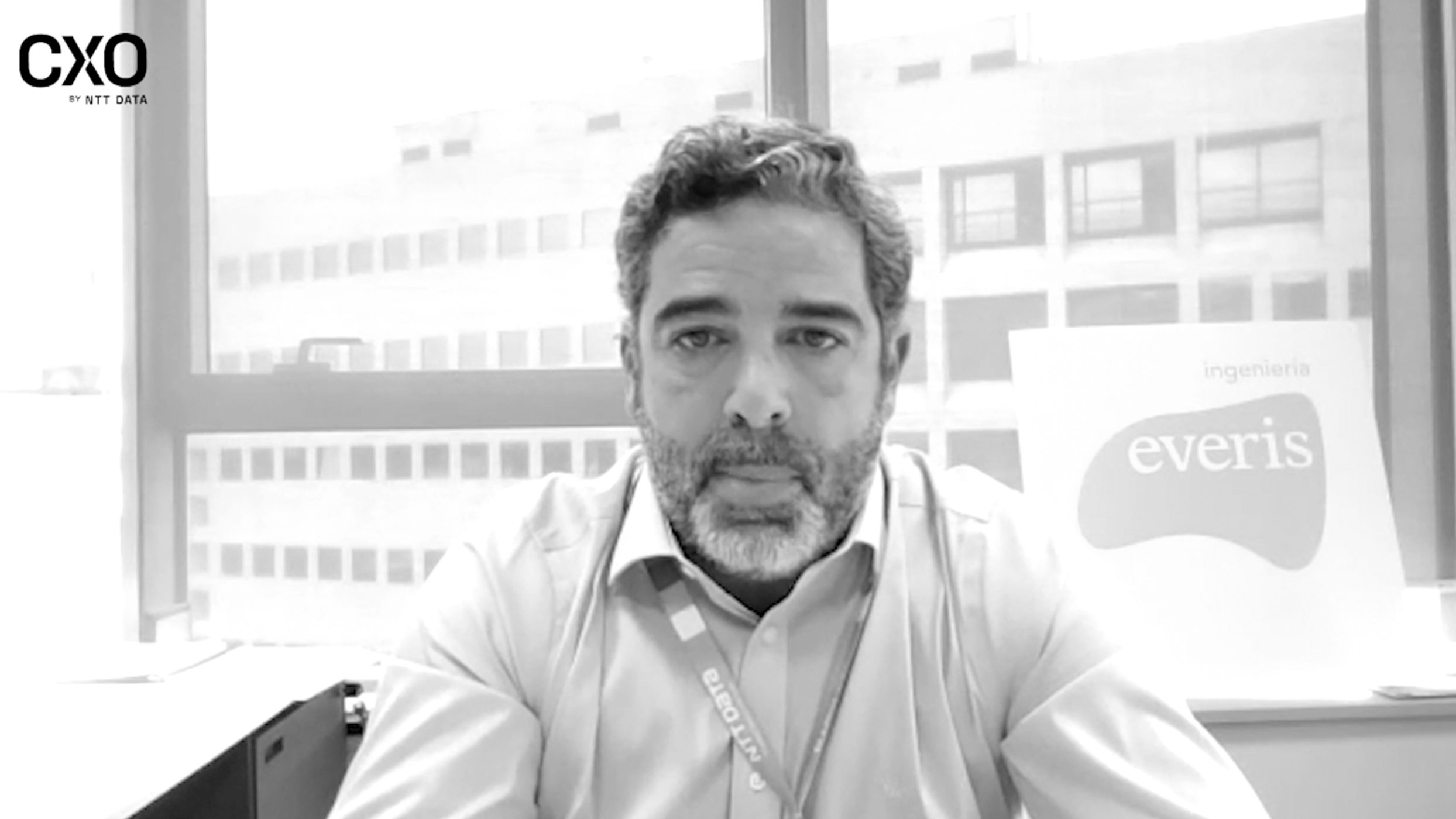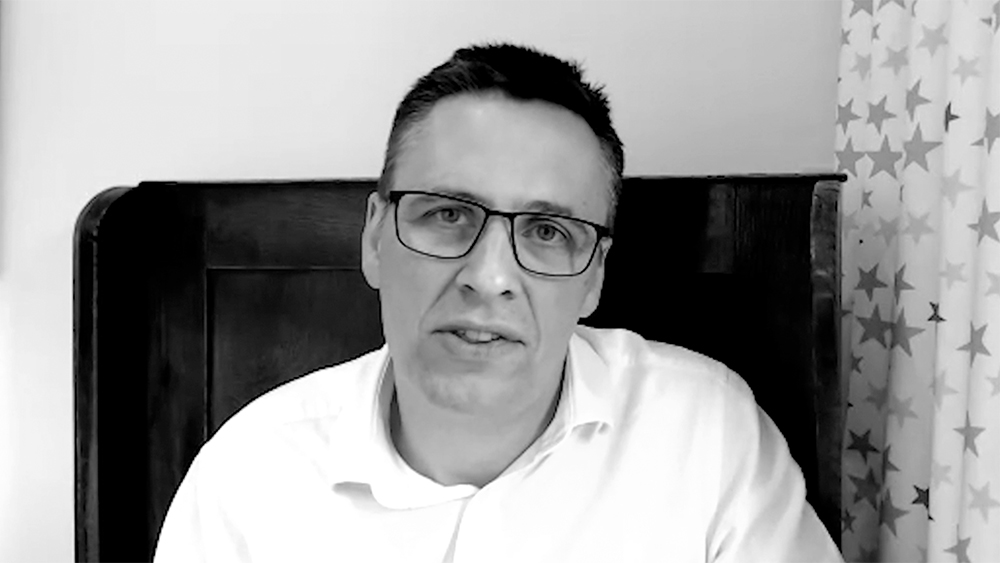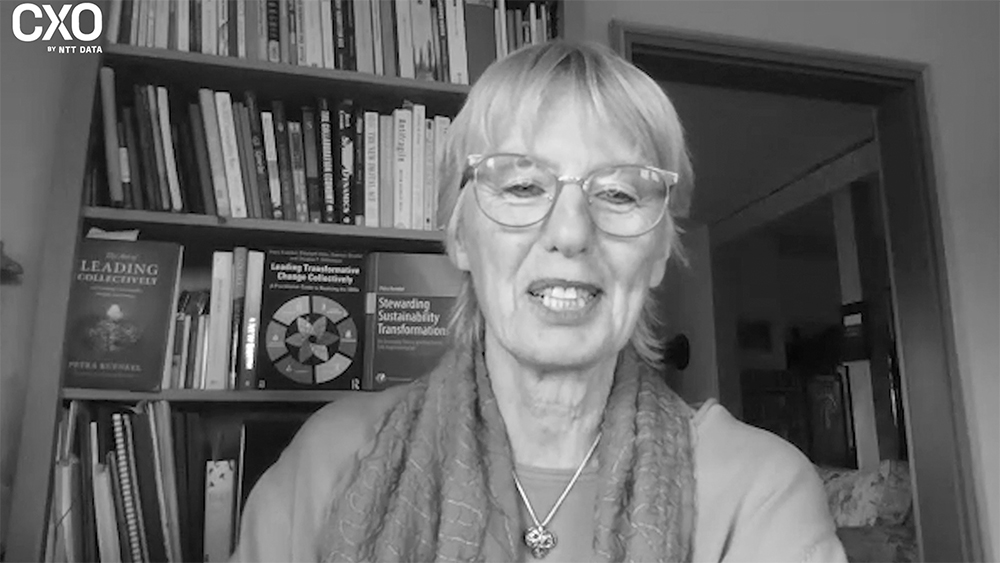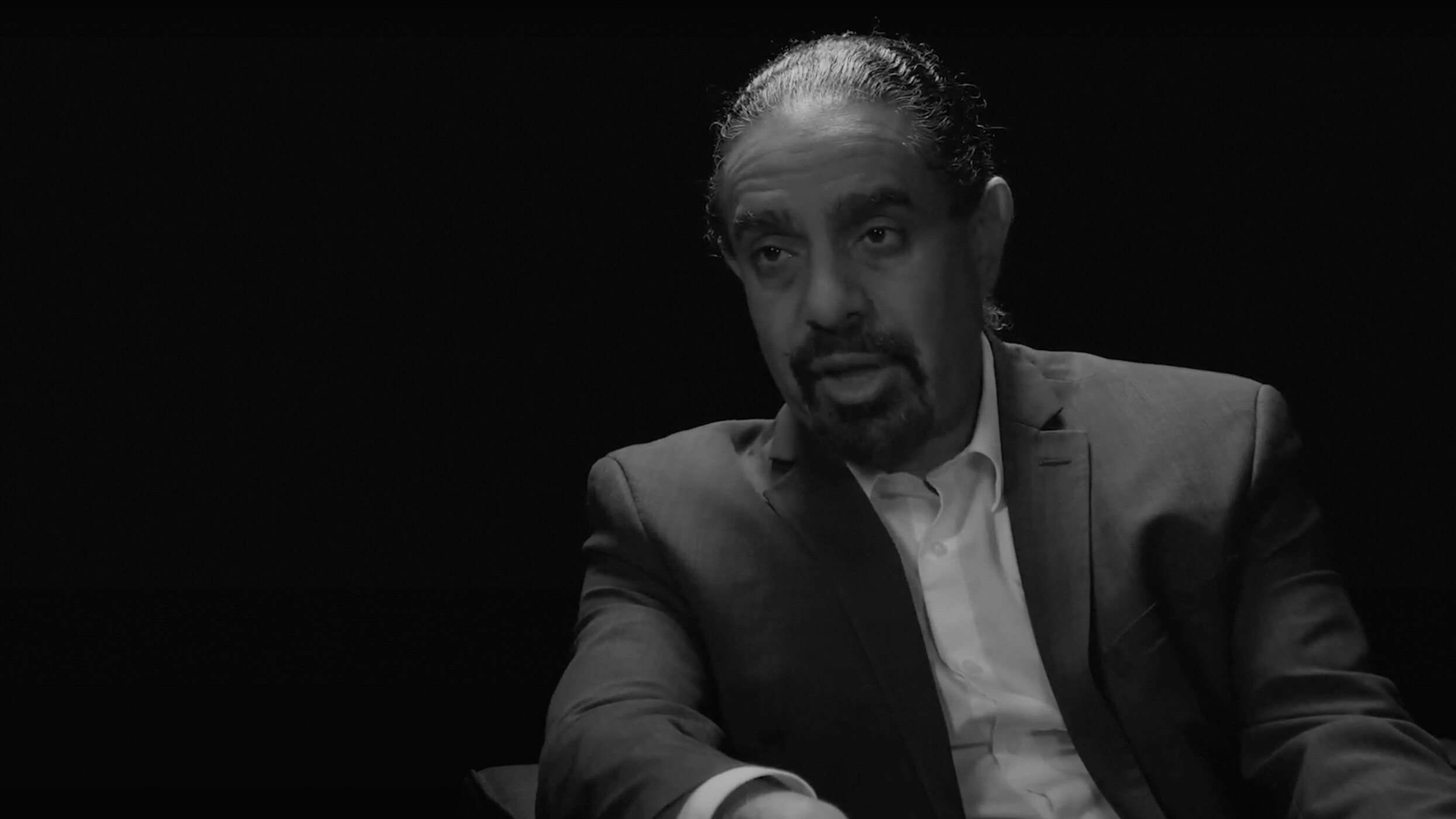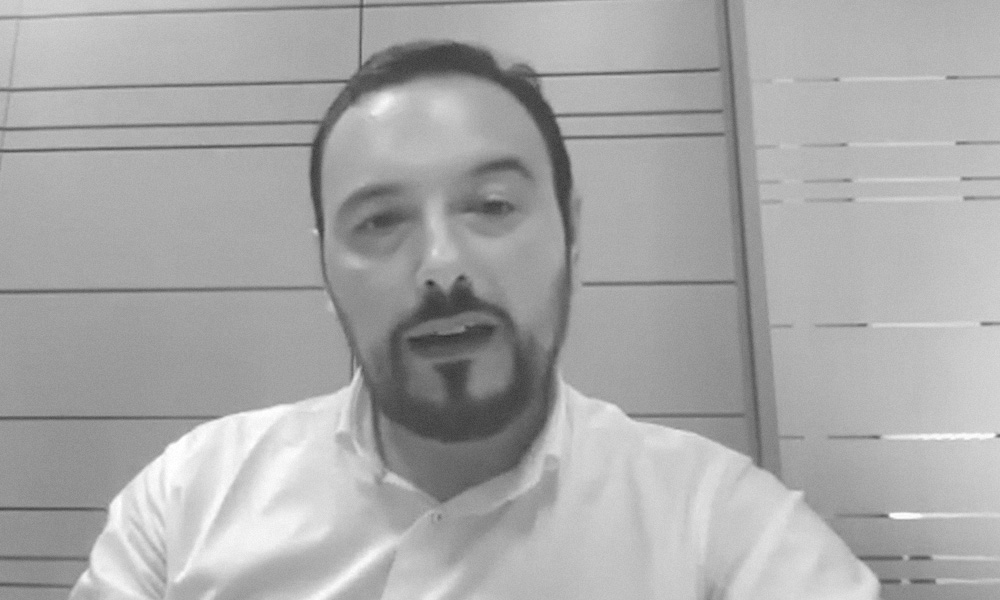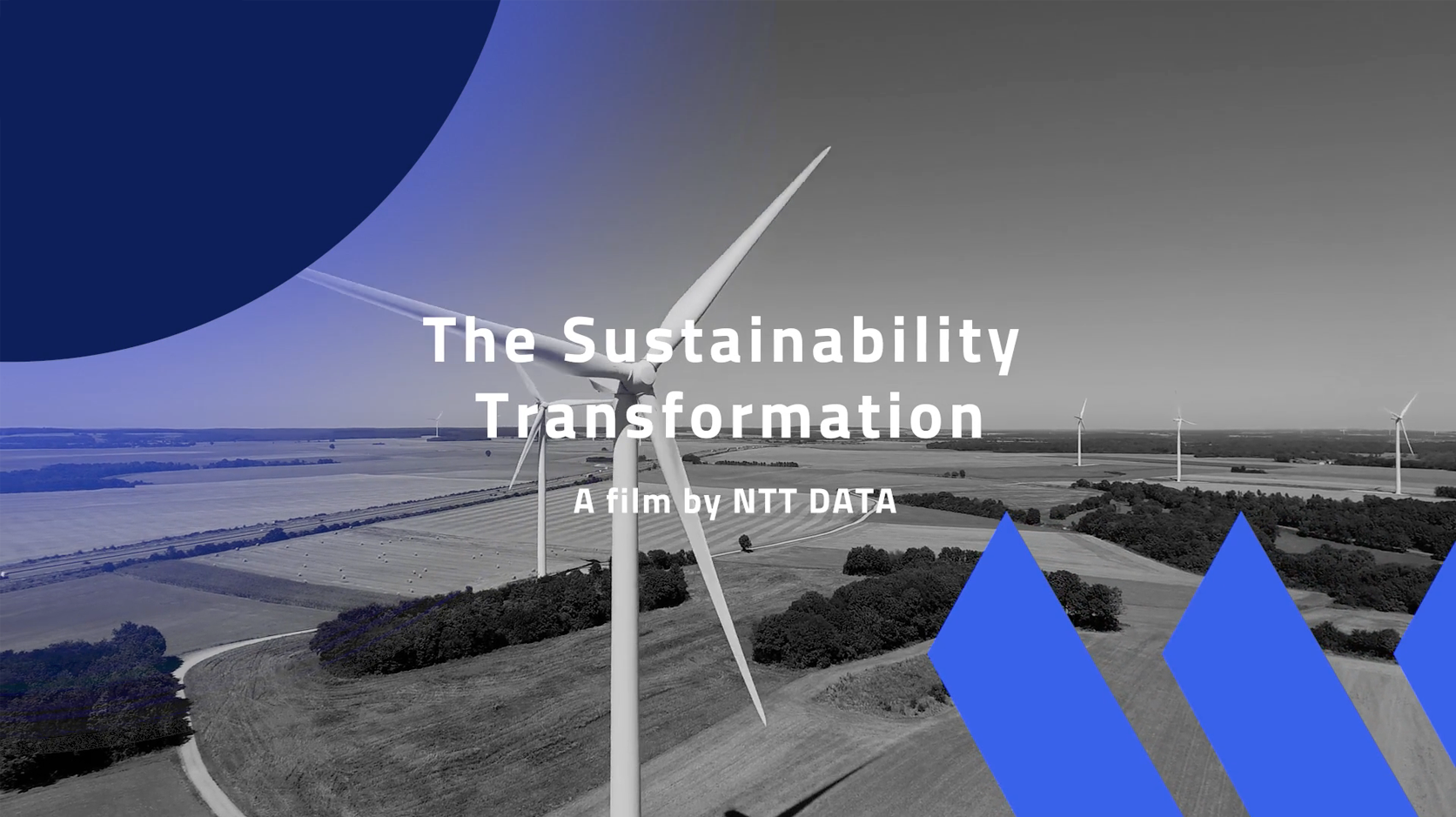
Photograph: Jose Martin Ramirez Carrasco/Unsplash
On a global scale, the Covid-19 pandemic is far from over, forest fires frighten and impoverish people and floods scare thousands into evacuating their homes. Amazon’s former CEO, being far away in space during his first astronaut mission, realised our planet Earth is “this tiny little fragile thing …we’re damaging”.
Young people aren’t the only ones saying that time is running out; the latest IPCC report paints a grim picture of our collective future. For years, scientists have been warning of “Hothouse Earth” scenarios, and almost 50 years ago the Club of Rome published the widely acclaimed and fiercely criticised report “Limits to Growth”.
How do companies step in to save our children’s future and their own operating licenses? Do we need more philanthropic business initiatives that create foundations to fight climate change? Yes and no.
Long-term collective and societal value is not about pouring money into philanthropy. It is about an essential shift in the purpose of companies and accepting their role as a positive caretaker and shaper of societies and planetary life.
Yes, because overcoming the climate crisis is an innovation and agility route that requires action, inventiveness and accessible investment. Every fund counts.
No, because the most powerful actors for transforming our world, as the 17 Sustainable Development Goals suggest, are companies themselves – large and small. If they change the way they operate, hope for the future gains a new meaning.
To do so requires three fundamental strategic shifts:
1. Moving from outperforming competitors to seeking strategic alliance for positive impact. Pioneering companies collaborate with competitors in a pre-competitive space for sustainable supply chains – in cocoa, coffee, seafood, timber, water resource management and ocean clean-up. Doing it alone is an outdated strategy. Networks, partnerships and alliances are the future-oriented strategies we need to leverage positive impact, create enabling conditions and support government regulations that help us into a better future. They secure supply and create healthy supply chain relations.
2. Moving from short-term company returns to seeking long-term collective and societal value. This is not about pouring money into philanthropy. It is about an essential shift in the purpose of companies and accepting their role as a positive caretaker and shaper of societies and planetary life. Products, services and inventions will in future always be linked to the impact they cause, upstream and downstream. Transparency, accessibility and accountability will become strategic key elements.
3. Moving company sustainability strategies from compliance towards strategic contribution to the future. Not doing harm and following legal obligations is table stakes. The future requires reinventing each company as a contributor to the vitality of ecosystems and societal resilience. Embedding operations in a region’s economic, environmental and social advancements can have many different entry points: circularity of materials, sustainable sourcing, economic empowerment of entrepreneurs, human rights or product innovation, among many others. There is no limit to creativity in a world that craves transformative change.
Future-oriented strategic management means accepting that in today’s world, the business of business is no longer just business: it ensures the long-term conditions for being able to operate. It is the call for companies to include their contribution to societal and global value creation in their core strategic processes.
There is no limit to creativity in a world that craves for transformative change.
Behind Bezos’s view of the immensely beautiful yet tiny and fragile planet is a delicate life support system. Scientists have explored how it has grown over billions of years and still agree that it is the only known place in the universe that has brought about this incredibly rich diversity of life. But it has also brought about a strange species that is loving and longing for life, yet equipped with the capacity to diminish this life support system – or rescue it.
What would rescuing mean for every company, across company competitors and along value chains?
It means you need to start taking action immediately if you haven’t done so. Intensify your efforts if you think you are on track. Escalate your transformative effort together with business partners if you truly seek to contribute to life on this planet. Push your competitors into becoming collaborators on a route to a regenerative civilisation. Human intelligence and the will to discover pathways have no limits. Learn from life: business vitality, human vitality, ecosystem vitality and societal resilience are not mutually exclusive – they thrive together when you apply these six strategies:
# 1: Build company purpose around a livable future
This is more than redrafting the mission statement. It means invigorating the deep desire to make a difference in the world – small or large! People around the world have a core desire to shape a better future, at whatever scale. Such an emotionally compelling purpose orients and motivates. A collective purpose can empower diverse change agents, and research shows: it contributes to employee satisfaction. But this only works if strategies to implement the purpose are visible, doable and measurable. Take a long-term attitude of responsibility and defend the benefits towards blinded shareholders.
# 2: Engage internal and external stakeholders
Be a responsible societal actor and show your employees that you care about the future and their lived reality. Reliable internal engagement processes contribute to trust-building and identification with the company. In addition, trust in company reliability (financially, regarding sustainability and towards societal contribution) is a long-term asset. In the context of diverging interests of external stakeholders, build trust through networks, partnerships and authentic communication. The side effects can be tremendously helpful. As a company, you benefit from your embeddedness and learn about key elements of future pathways from your stakeholders.
Business vitality, human vitality, ecosystem vitality and societal resilience are not mutually exclusive – they thrive together.
# 3: Invest in life-enhancing innovation
Given the state of the world and our human responsibility to save the planetary life support system, inventiveness needs guidance. Invest time, space and funds into the human creativity that emerges when the future is at stake. Direct innovation towards solutions that enhance the quality of life – socially and environmentally. Look for problem-solving benchmarks, get inspired by pioneers, be on track with trends and developments, learn from failure and reinterpret agility as the capacity to constantly and collaboratively reinvent an even more regenerative approach.
# 4: Simply be human
Compete where you are sure it helps to make a better contribution to the world. Otherwise collaborate. Drive excellence and become the master in your product, strategy or service. But the shark mentality has passed its sell-by date. We are all in this future together, not because we are good-doers, but because we are humans. We are intelligent enough to save the planet and help each other learn how best to do this. Collective value is the keyword for future strategies.
# 5: Harvest collective intelligence
Say farewell to going it alone. The lonesome hero mentality is driving the world to the edge. Building and acknowledging competence, or even mastery, is of utmost importance. But conversations about the best way forward contribute to efficiency. Structured dialogue is not a nice-to-have but an ability to arrive at meaningful solutions faster. Company-internal strategies benefit from the sense of ownership and accountability that arises when people feel heard. But even as an entire company, going it alone reduces short-term success and long-term sustainability results. Transformative change requires sector-wide collaboration.
#6: Make positive impact your strategic North Star
Every strategic step towards a regenerative future that cherishes our planetary life support systems is a valuable contribution. The necessary transformation is a long journey with many steps. Recognise the insight that a long journey is best travelled together. But do not lose your particular North Star: your defined new contribution, your strategic plan towards increasing your positive impact.
Every company counts. Every determined CEO counts. Every visionary leader counts. Collective stewardship will take us into a better future.

